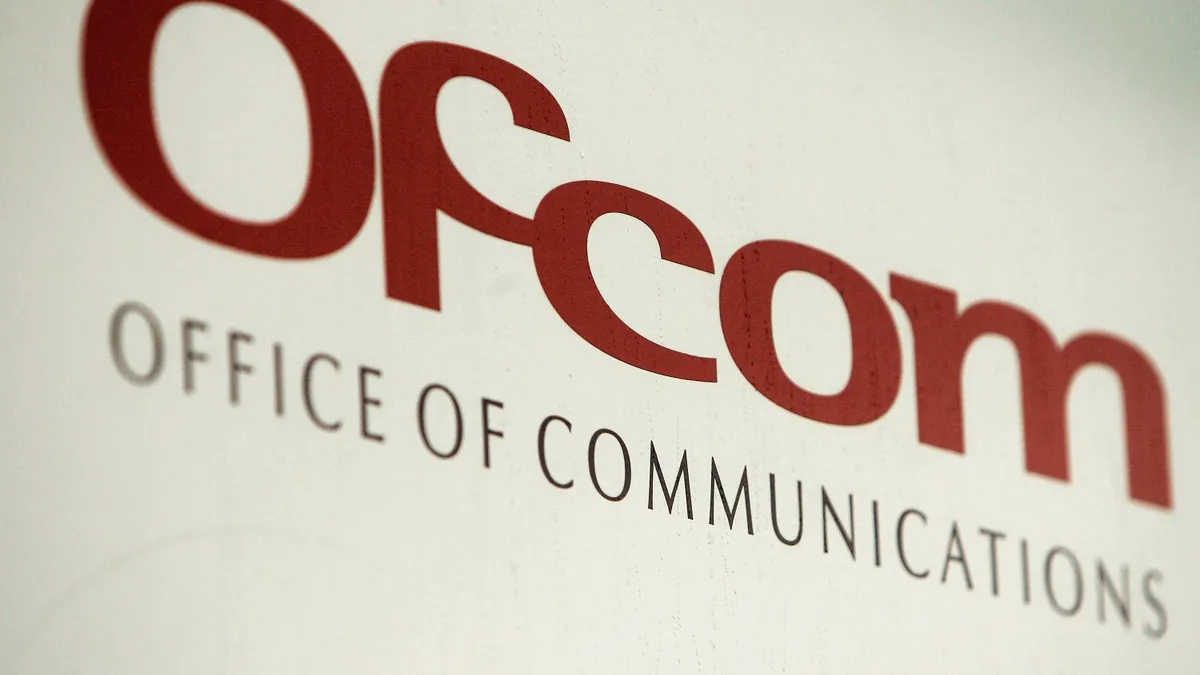Dive Brief:
- Following a yearlong study, UK regulatory agency Ofcom referred the public cloud infrastructure market to the Competition and Markets Authority for further investigation Thursday.
- In a 254-page report, Ofcom said it found evidence of “features that could limit competition” among the major cloud providers. “We are particularly concerned about the position of the market leaders Amazon and Microsoft,” the agency said.
- The report identified several common features that make it difficult for businesses to switch providers or deploy in multiple clouds, including data egress fees, committed spend discounts and technical specifications that limit interoperability.
Dive Insight:
The review found a significant risk of market concentration as the cloud business matures, reducing competition between the leading vendors.
“Some UK businesses have told us they’re concerned about it being too difficult to switch or mix and match cloud provider, and it’s not clear that competition is working well,” Fergal Farragher, Ofcom's director responsible for the Market Study, said in the announcement.
Policies that can lead to vendor lock-in were highlighted in the report.
“We have seen evidence of differences in the way AWS and Microsoft make the functionality of their cloud infrastructure services available when combined with their own services compared to those of competitors,” Ofcom said. “Sometimes functionality is made available to competitor services only after a delay, or in some cases not at all.”
AWS and Microsoft dominate the massive global market for infrastructure services, accounting for more than half of all cloud spending, which Gartner estimates will reach $600 billion this year. Google Cloud’s 11% share boosts hyperscaler control to two-thirds of the global market.
Hyperscaler dominance is even more pronounced in the UK. Ofcom estimates that AWS and Microsoft combined captured 70% to 80% of the market last year, with Google Cloud’s 5% to 10% share a distant third.
Competition between the hyperscalers, especially for new customers, has driven beneficial innovation, the report found, noting a response to customer demand for open source solutions, such as containers. But it has also stifled multicloud adoption.
“We have found few cases where customers are able to take an approach to multicloud that allows them to realize the full benefits, where different applications integrate seamlessly across clouds with data being transferred between them,” the report said.
The report also raised concerns about Microsoft’s software licensing practices.
As flattened cloud revenues intensified competition for market share this year, Google filed a complaint with the U.S. Federal Trade Commission in June, alleging Microsoft unfairly leveraged its enterprise software position to push customers toward its Azure cloud services.
An alliance of EU cloud providers that includes AWS issued a similar complaint last November, accusing Microsoft of “unjustified and discriminatory bundling, tying, self-preferencing pricing and technical and economic lock-in.”












